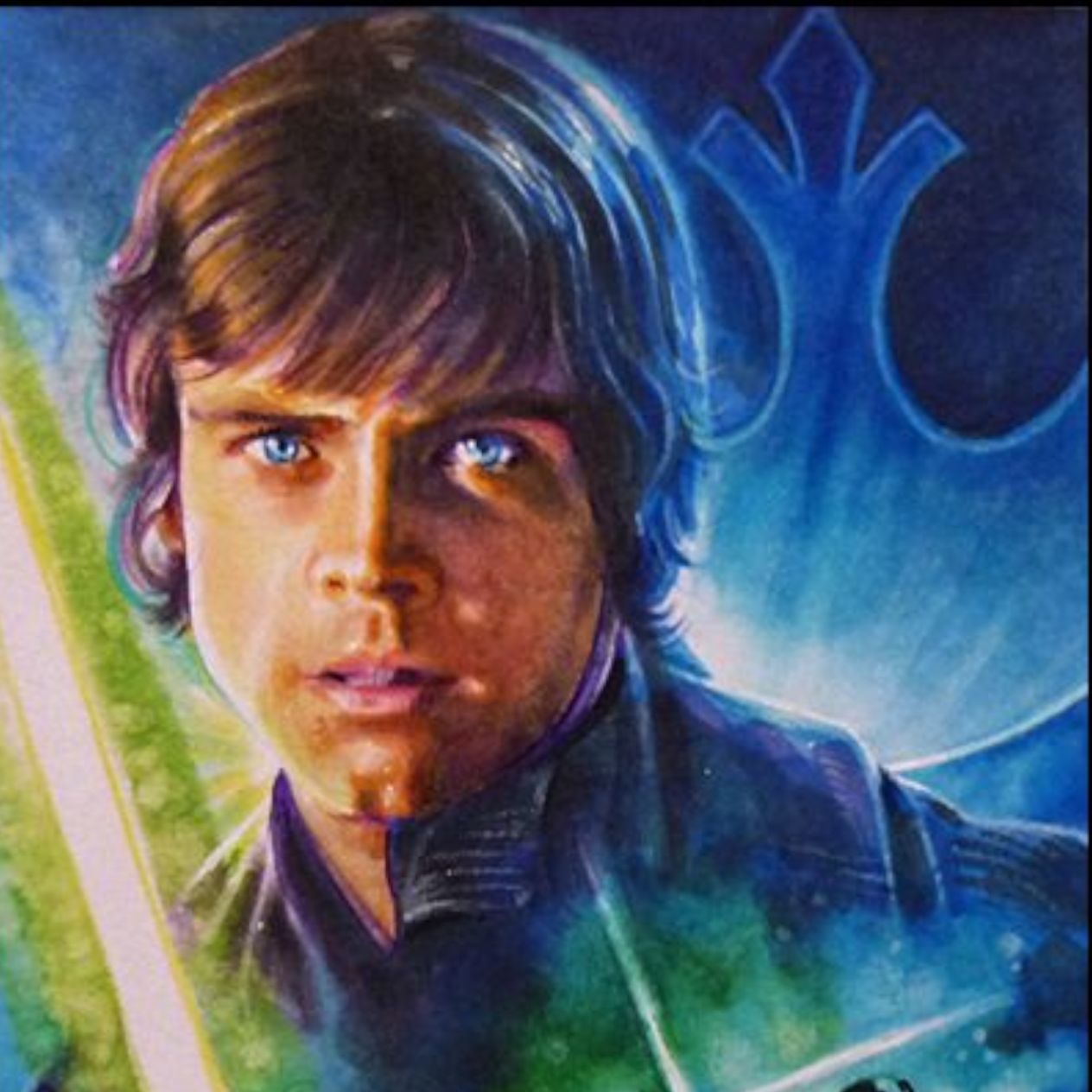From a long term perspective, what did he gain from all of the oppression and over centralization of power other than fostering rebellion and instability? Once he was chancellor he could have dialed back the overt machinations continued to exist in the shadows to weaken the Jedi and grow his own power.
Hell, he could have become a sympathetic father figure to the Republic after Order 66 had he just remained as Supreme Chancellor, or even put himself in a position where he could step back and install a puppet successor and maintain the illusion of democracy while controlling the levers of government. Why create an unstable power base for himself when it seemed like he was mainly interested in doing SIth magic stuff in seclusion? Was he just bored?


It’s more interesting when a layer of complexity and moral ambiguity is added to the motivation of the antagonists instead of a simplistic “these guys are the bad guys because… Well they are evil and that’s just how evil people are.”
It’s a situation that makes you think. If that threat was there and Palpatine did what he did to oppose that threat, how does that affect his moral standing? Does the end justify his means? Were there better ways to go about it? What if he did a Dr Strange and looked at hundreds of thousands of possible timelines and all of the other options failed but creating the Empire is the only way to stop it, but he just got unlucky and this was the timeline where the rebels managed to escape Vader’s grasp with the Death Star plans and his plan fails? If his intentions did affect his moral standing, does his failure cancel that out, since all of the suffering the empire caused ended up being for nothing?
Well he didn’t do a doctor strange. I don’t think it’s more interesting. I think it panders to the portion of the audience that quietly likes those negative traits and probably preps a lot of less than critically thinking readers to be more receptive to those traits. It also doesn’t fit the thematic style of stars which pretty clearly settles into clean camps of good and bad. The emperor served the function of embodying everything that was clearly bad. He was deceitful, sadistic, authoritarian, genocidal, xenophobic, vengeful, and probably much more but I think you get the point. He didn’t serve as a complex character, he served as one of the extremes of the moral landscape that the actual characters navigated. At arguably the highest climax of the story Vader is only redeemed because he rejects the symbol of evil. Adding a secret motive that makes excuses for his blood soaked accumulation of power mucks up the story framing and didn’t even come close to accounting for the vast array of just plain evil traits he exhibits. He didn’t cackle gleefully while making a father and son fight to the death because it was a grim but necessary step to protect the galaxy, he did it because he is the personification of evil in the story.
I do think that there is a place for complex villains. They are generally much more interesting but they also require a skilled writer and importantly an audience that can understand that, complexity aside, they are still the villain. We can look at the alarming percent of the Breaking Bad/Rick and Morty/Punisher fan bases that don’t get that to see the perils of that type of story telling reaching the wrong people. The emperor was not one of those complex characters and trying to retcon that in was at best clumsy and foolish.